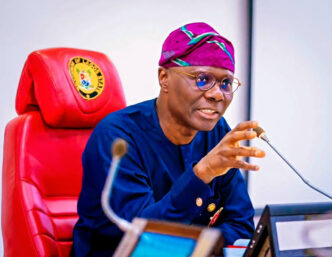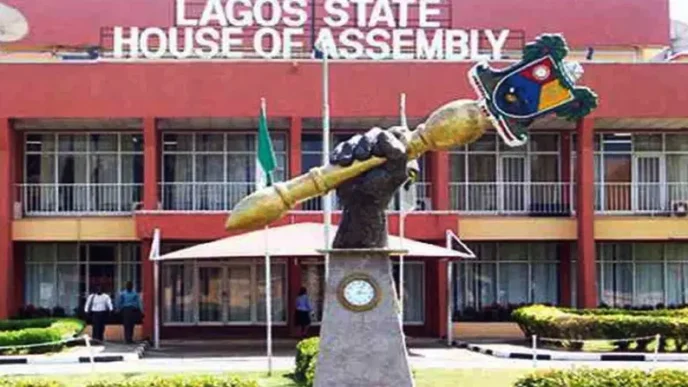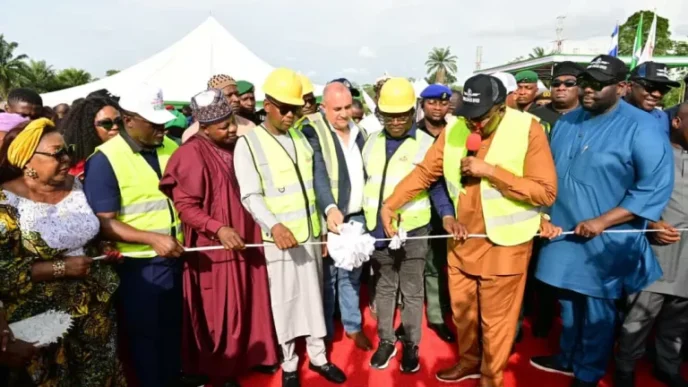The Lagos State Government has officially flagged off the inaugural Lagos Energy Summit, a landmark initiative aimed at strengthening the energy sector, fostering innovation, and accelerating access to sustainable electricity solutions for all residents.
EpeInsights reports that the four-day summit, themed “The Journey to Energy for All,” is being held from April 15 to 18 and brings together key players from government, private sector, academia, and global energy organisations.
Declaring the summit open, Governor Babajide Sanwo-Olu reaffirmed his administration’s commitment to building a self-sufficient, reliable, and sustainable energy sector, aligned with Lagos’s ambition of becoming a smart mega city with a thriving, inclusive economy.
“We must work together — government, private sector, experts — to ensure no home in Lagos is left in darkness. Energy access is not just a goal; it’s a necessity for economic and social prosperity,” the Governor said.
He called for collective action and stakeholder collaboration to explore practical, long-lasting solutions to the State’s energy needs.
Commissioner for Energy and Mineral Resources, Engr. Biodun Ogunleye, highlighted the strategic importance of the summit, noting that robust research and data analysis would be employed to assess residents’ energy needs and tailor solutions accordingly.
“This summit sets the stage for developing a gas master plan and building key mobility platforms. Our goal is to make Lagos a choice destination for investment, innovation, and clean energy solutions,” he said.
Ogunleye pledged that the outcomes of the summit would directly contribute to a sustainable energy future, ensuring the State is well-positioned for both economic growth and environmental responsibility.
Delivering a keynote address, former Minister of Power, Professor Barth Nnaji, applauded Lagos for its leadership in energy reform, dating back to the administration of President Bola Tinubu.
Nnaji pointed out that over 80 million Nigerians still lack access to electricity, calling on all levels of government to take decisive action in bridging the energy gap.
“With over 210 trillion cubic feet of natural gas, Nigeria must leverage this potential. In a growing economy, energy demand must not outpace supply,” he stressed.
The summit will feature a series of panels, policy dialogues, and technical sessions — all designed to shape a forward-looking, inclusive energy agenda.

The Lagos Energy Summit is expected to produce key recommendations and action plans that will influence both state and national energy policy in the years to come.













